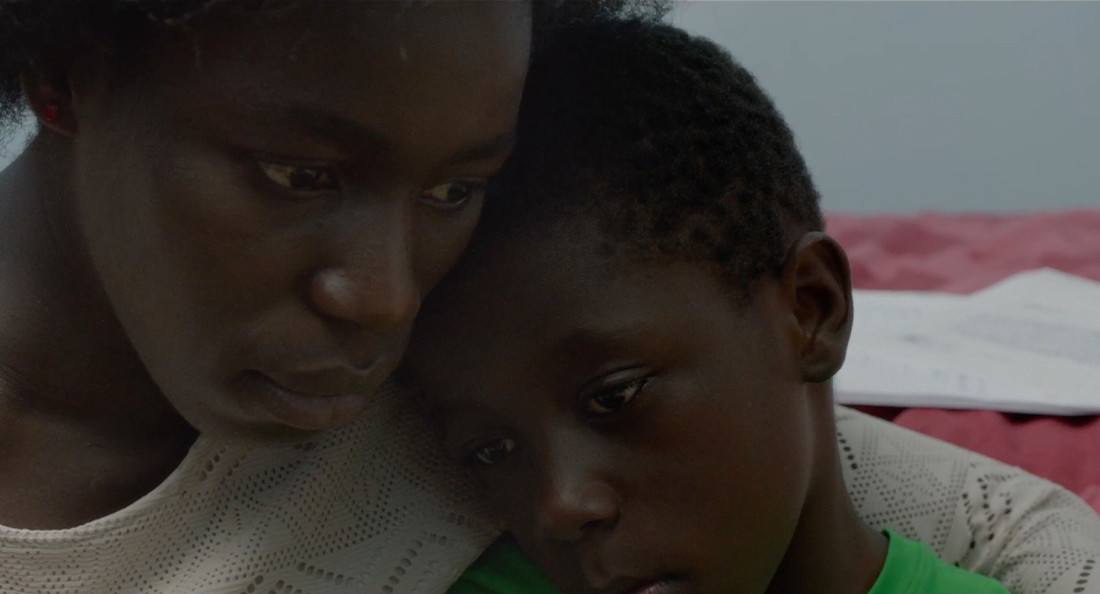Bringing African cinema to Winnipeg screens
Film festival aims to educate and unite
Despite its name, the African Movie Festival in Manitoba (AMFM) offers much more than film screenings.
AMFM founder Dr. Ben Akoh says “the film festival was created so that we can have a platform for dialogue.”
“We feel that a good understanding of Africans is not significantly maintained in Manitoba, and the organization is trying to create a platform where Canadians, Africans and other nationalities can sit in the same room, discuss social issues and be able to come up with solutions for better understanding,” he says.
Started in 2017, the annual festival is creating this platform in three distinct ways.
“The (film screenings) offer a way to display African talent, abilities and skills in using the camera to tell their story,” he says.
The second component is a symposium, and this year’s title is “Racism in Cinema: Representation of Blackness in Film.” Featuring several panellists, including University of Winnipeg professor Chigbo Anyaduba, the symposium will have academics and scholars who have conducted studies about racism in cinema and discuss their findings.
The third component aims to act as a kickstart for young Africans and African-Canadians in Winnipeg, and is geared toward teenagers and those in their early 20s who are looking to acquire the skills needed to pursue filmmaking.
“We created a master class for filmmaking and would run them through the whole process for a day with the hopes of them one day telling their own stories, going into a profession in the film industry or just trying to shift focus from whatever societal challenges they may be currently facing to something more productive, such as filming or writing,” Akoh says.
Considering the stark events in the United States this year that led to the Justice 4 Black Lives Winnipeg rallies, there needs to be safe, productive events that can both educate and encourage people to push toward equality and mutual understanding between races and cultures.
However, this battle is far from a new one, and, in Canada, it is one that Akoh says is different than what is typically portrayed in US media.
“This is something that has always been here. We (BIPOC communities) have always had to face discrimination and systemic racism,” he says.
“Most of what we see down south (in the US) is a focus in the media on policing, but here in Canada, though there are cases of discrimination in public spaces, part of the things that we want to address is the systemic racism, and we see a lot of that in films, news media, employment, pretty much everything you can think of.”
Though different BIPOC communities face different challenges and severities with systemic racism, Akoh is hopeful that this event will bring these problems to the surface and everyone, from all communities, can play a part in pushing for equality.
“What we are trying to do here is to highlight some of these challenges and say ‘hey, you can do something about this, you can speak up about this, and you can make a change in your little corner by recognizing that there are people who are different than you, and that they should have equal opportunities to whatever opportunities are out there.’”
Tickets can be purchased at am-fm.ca/buy-tickets.
Published in Volume 75, Number 02 of The Uniter (September 17, 2020)







